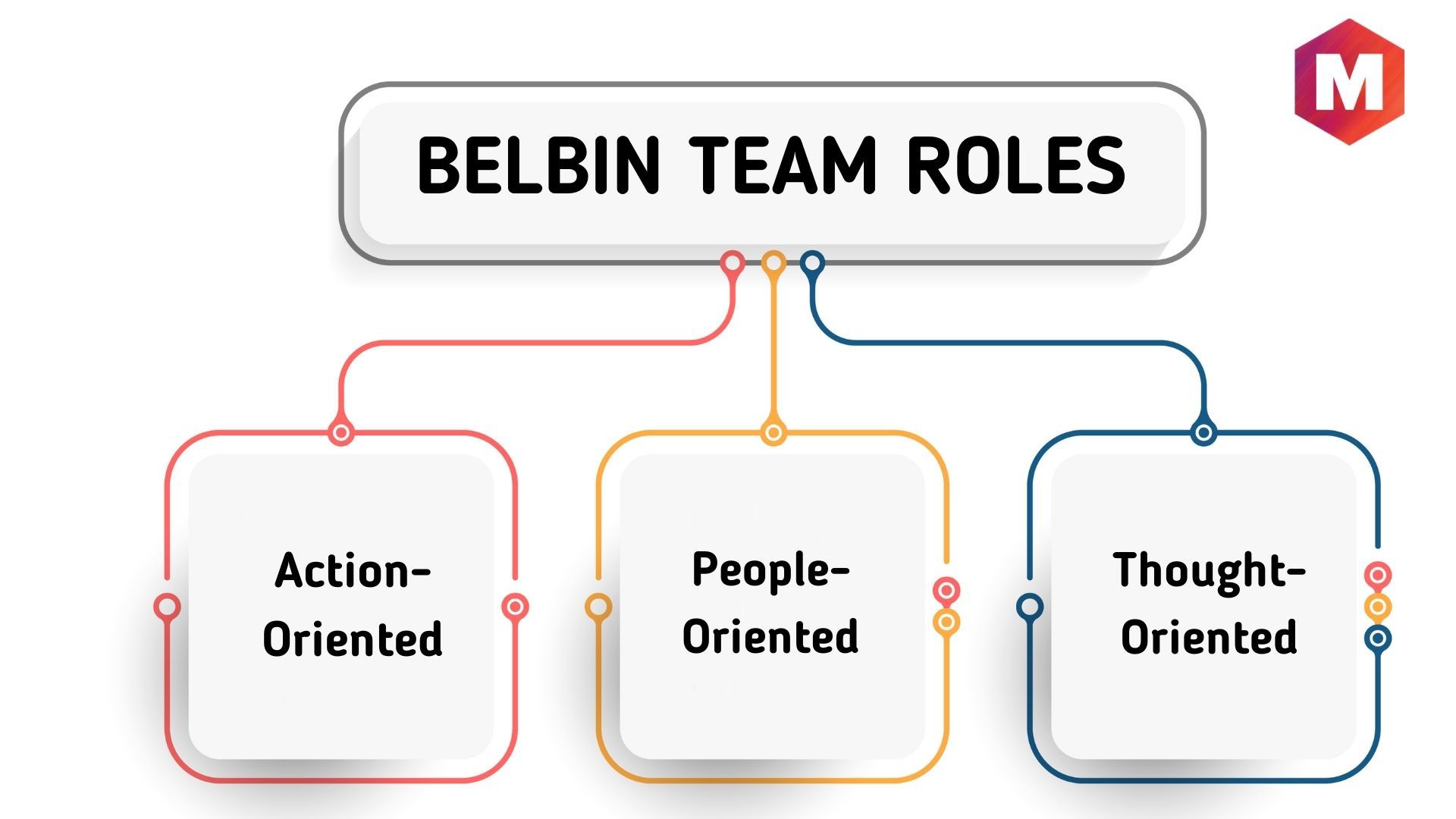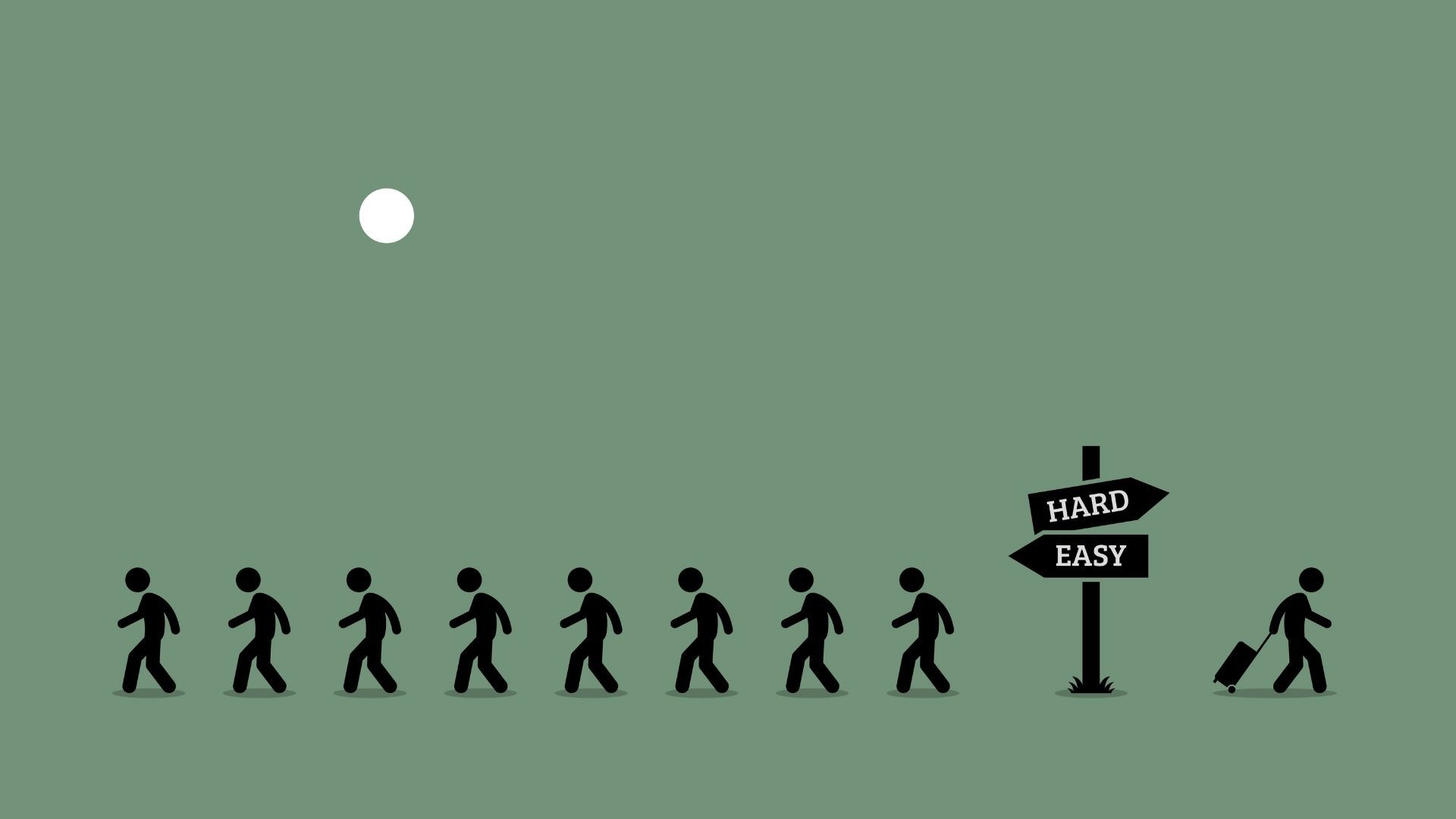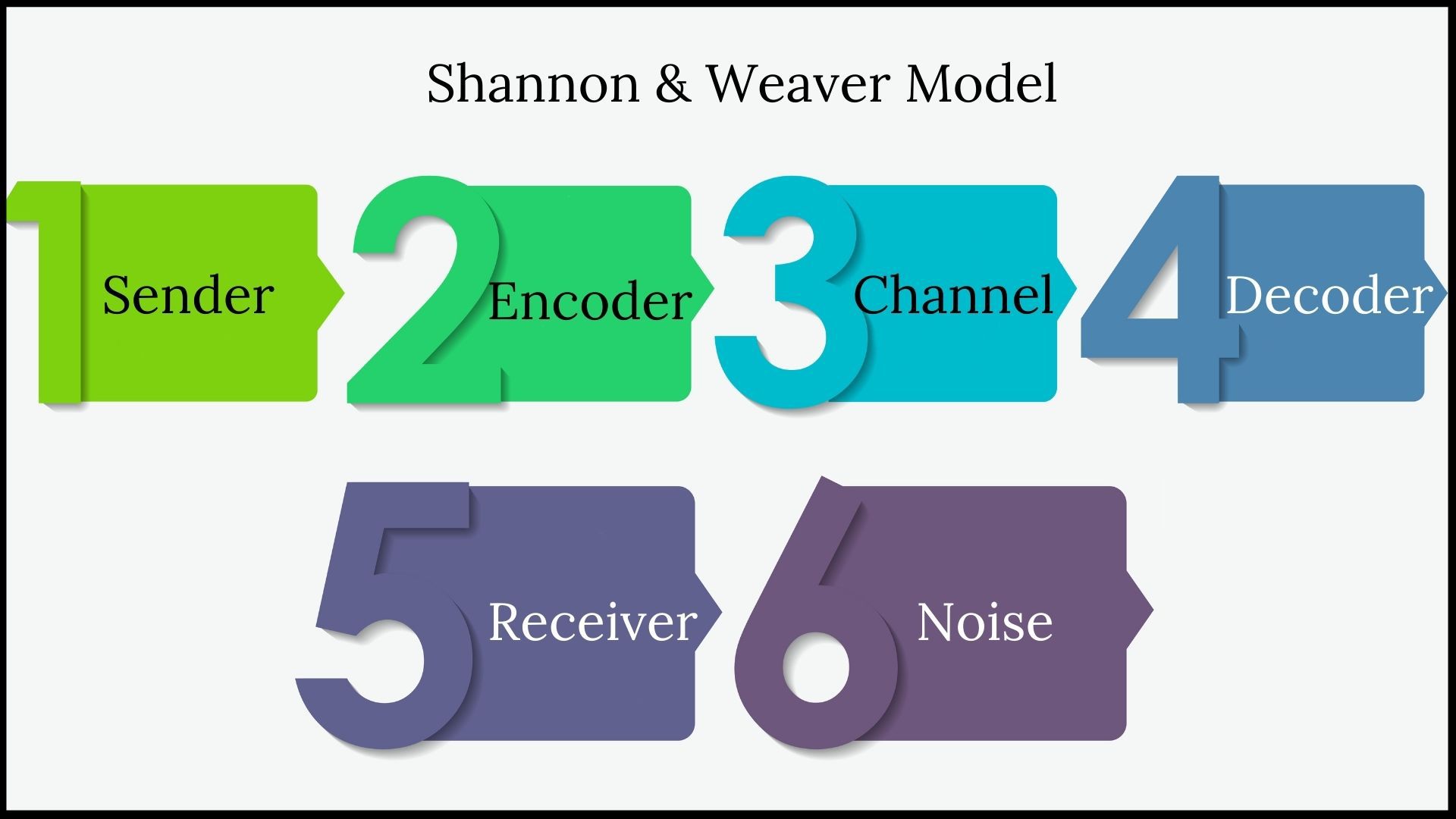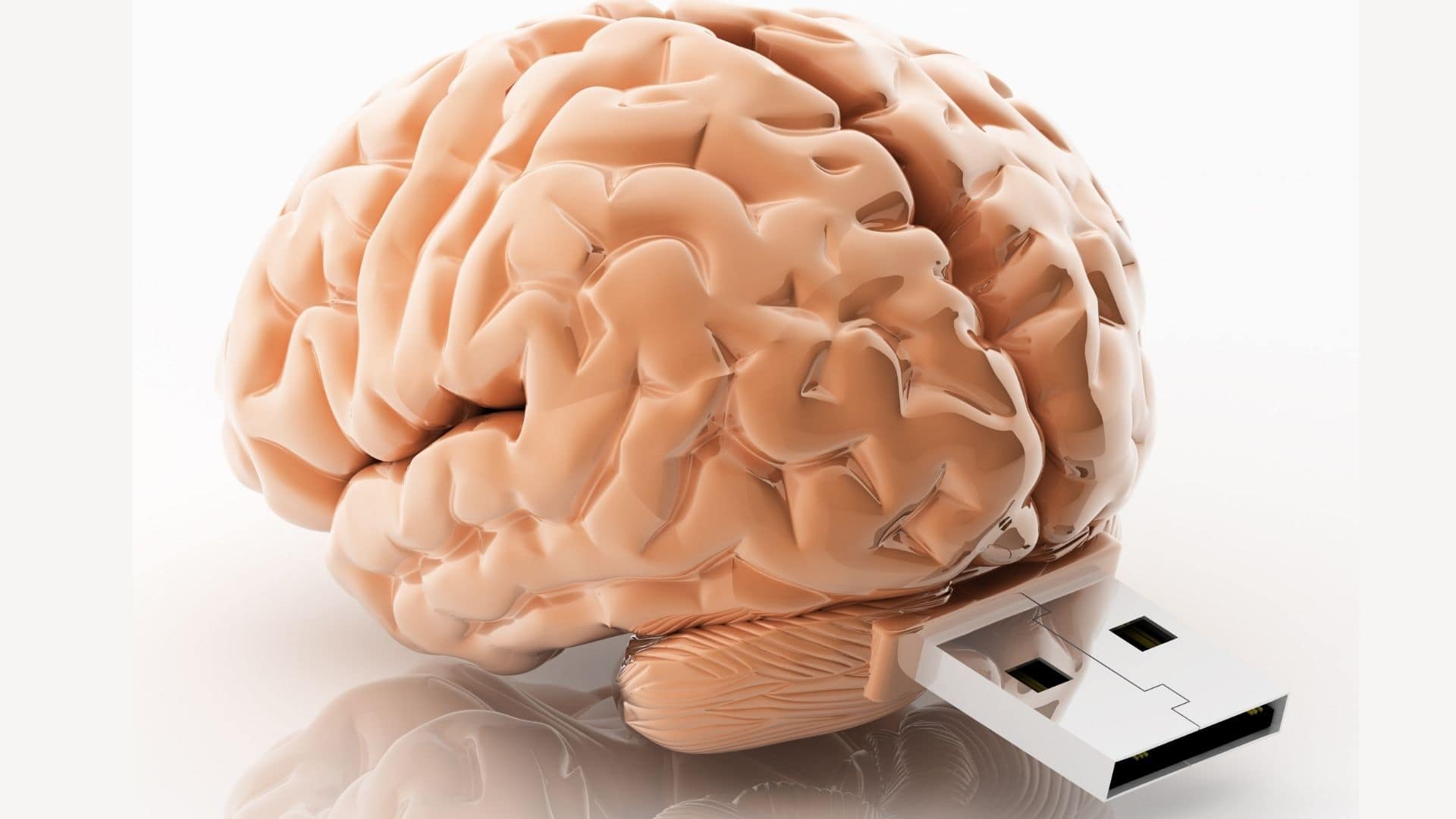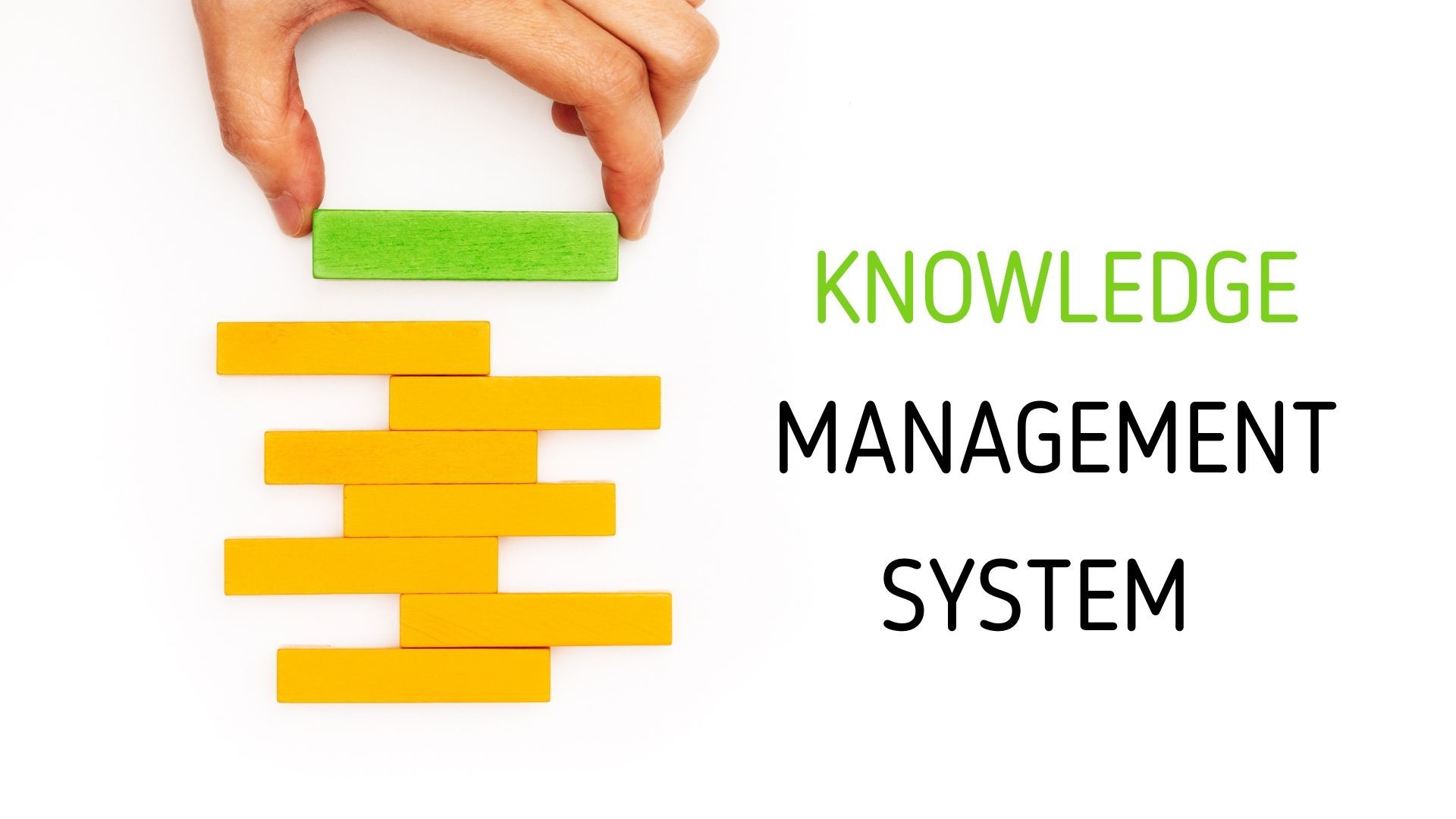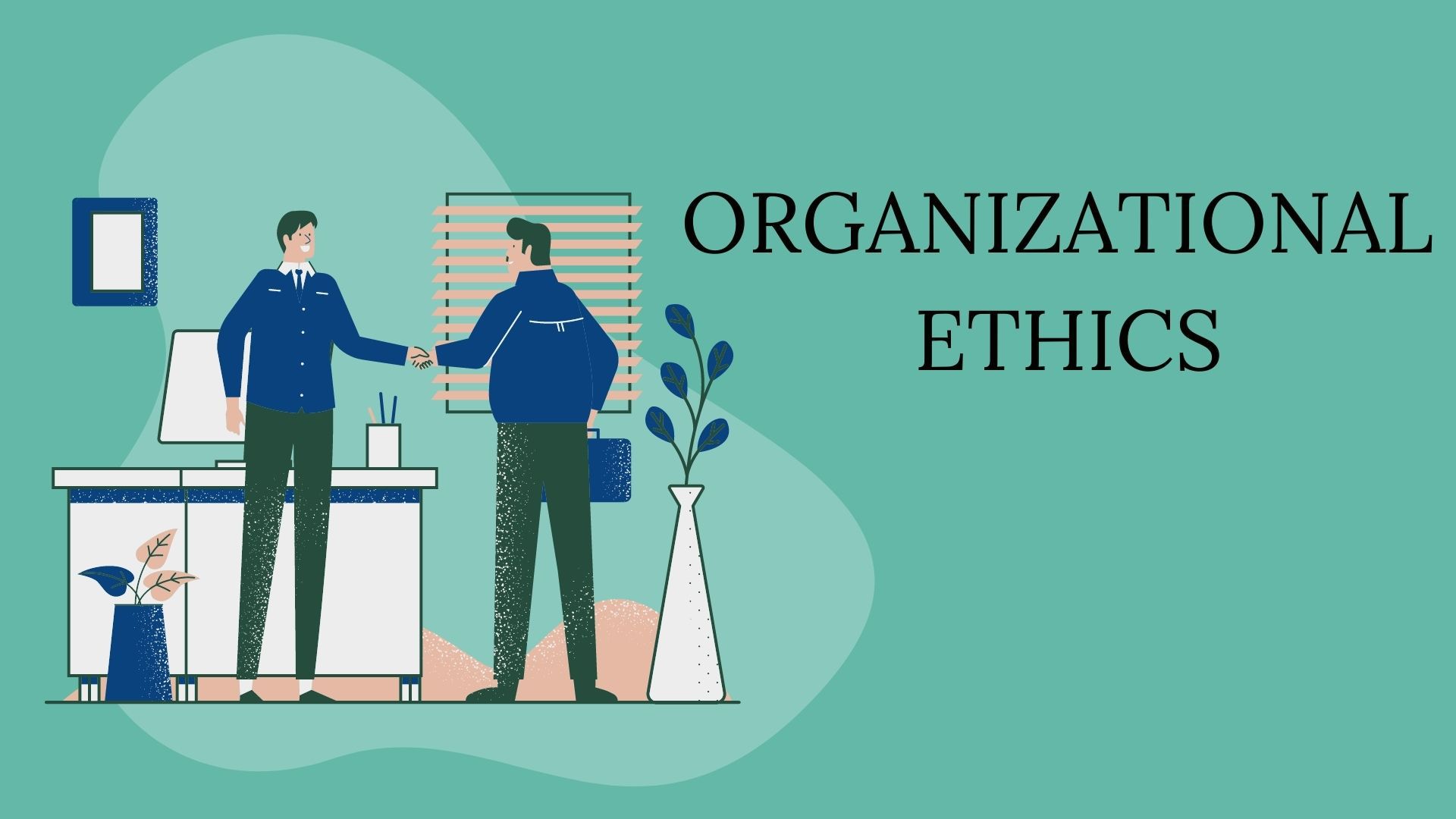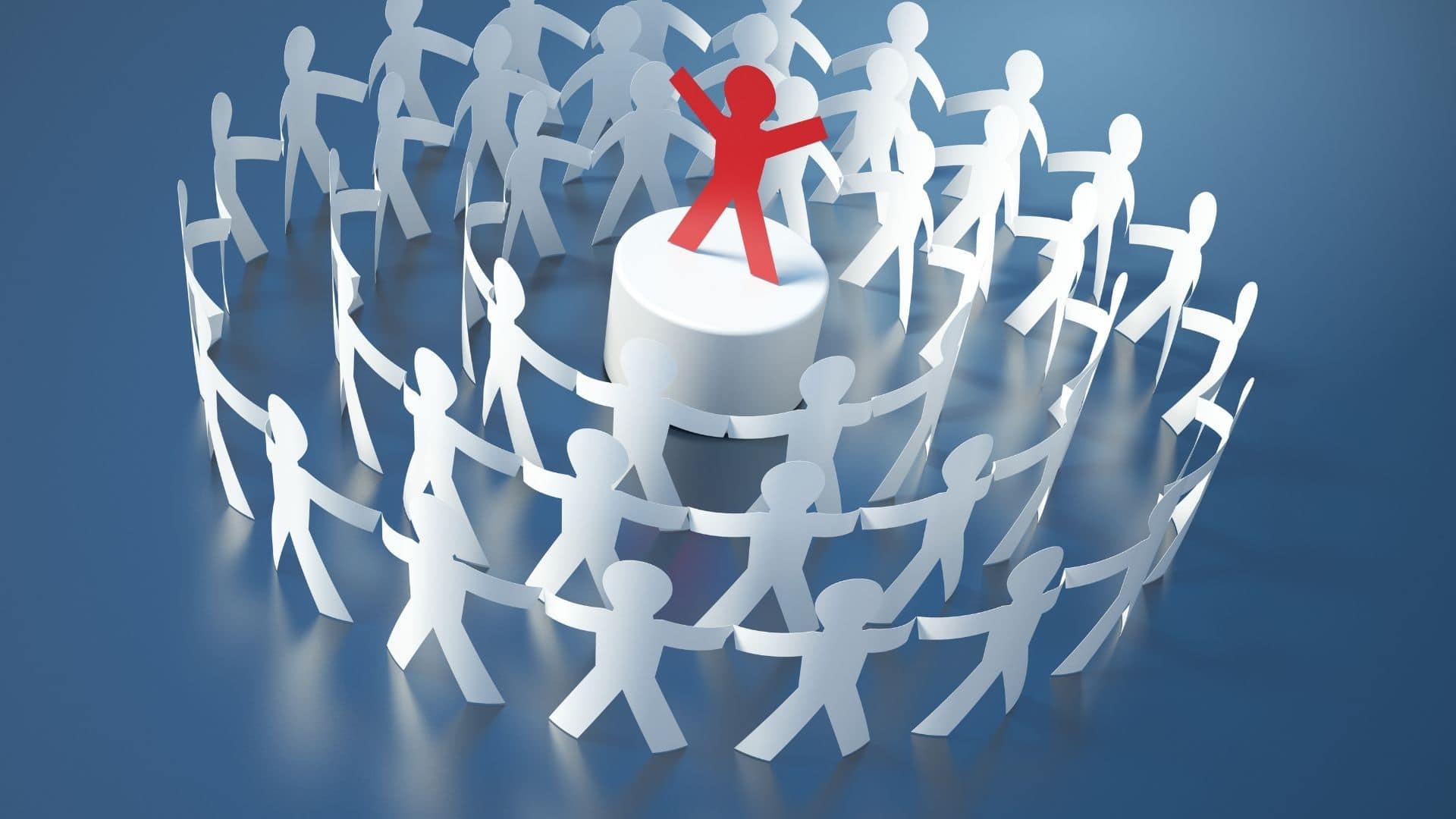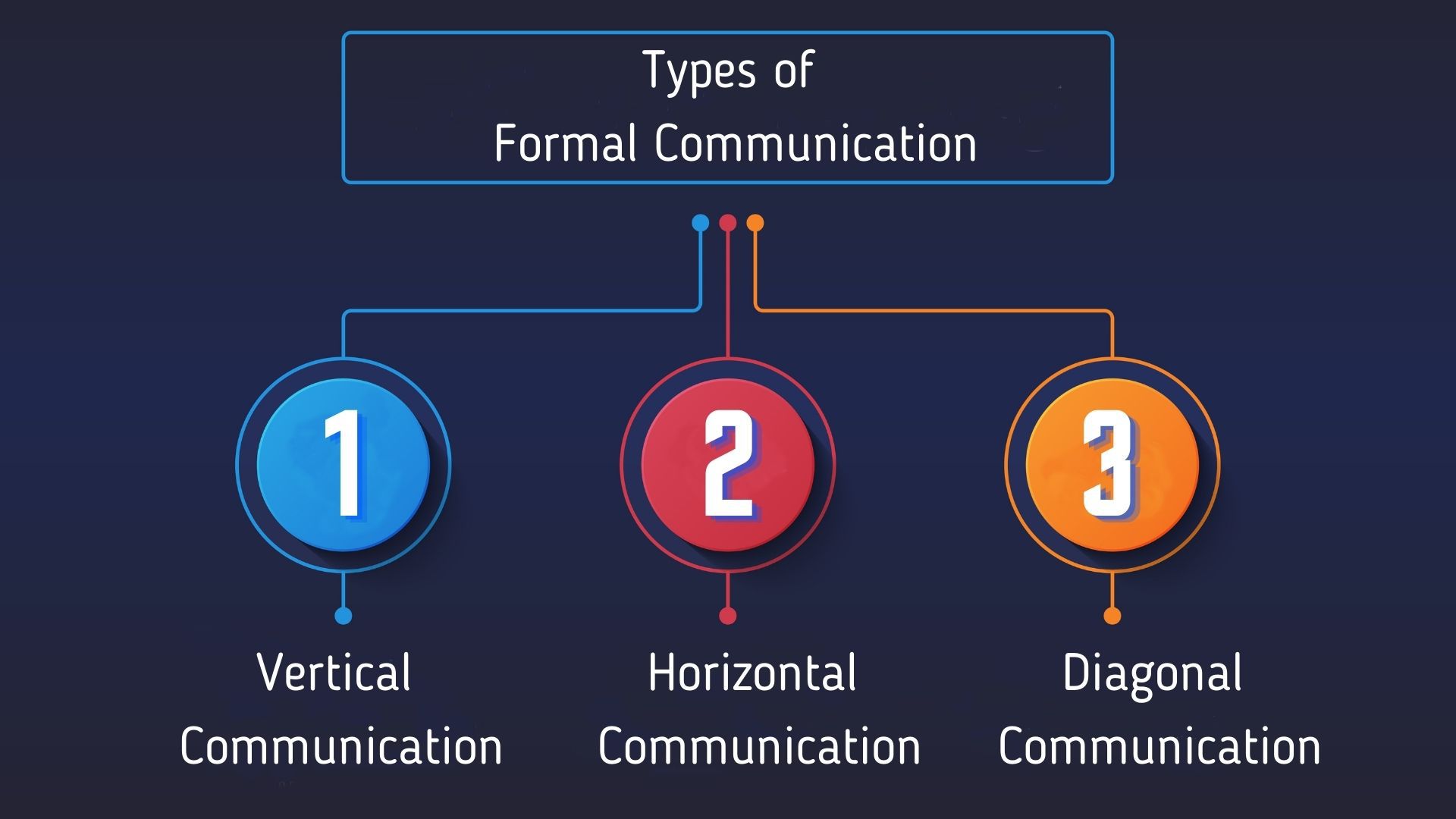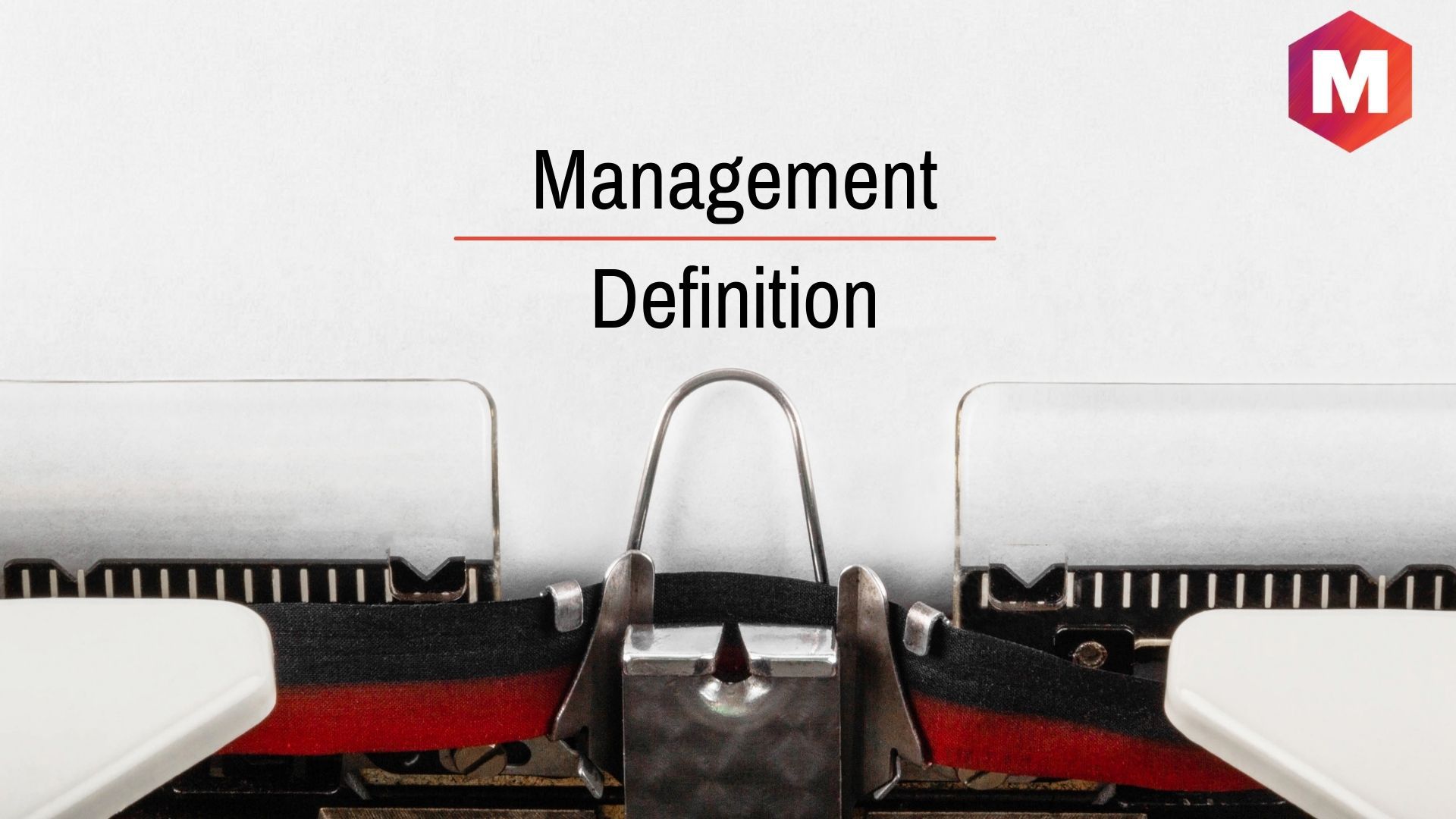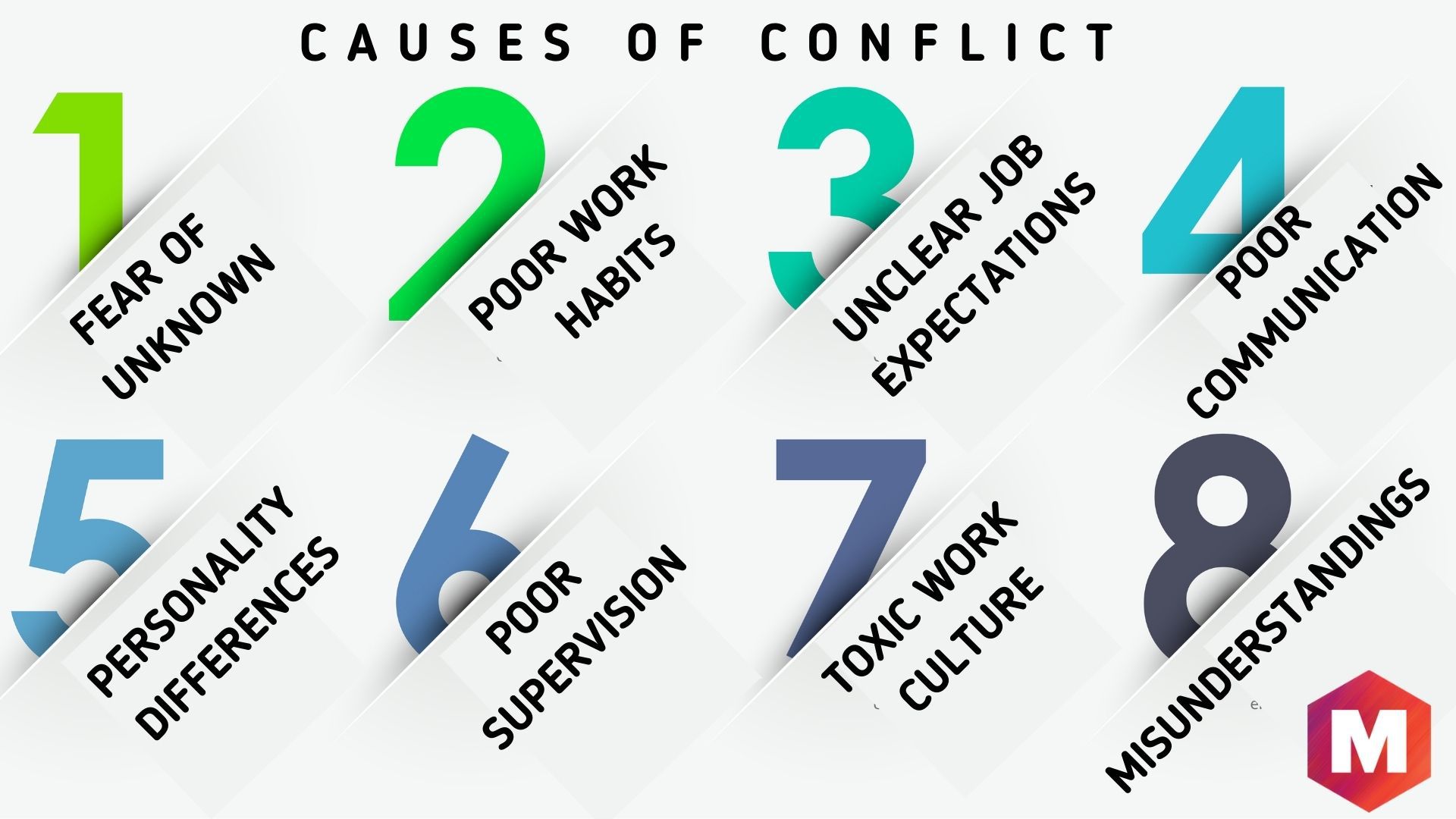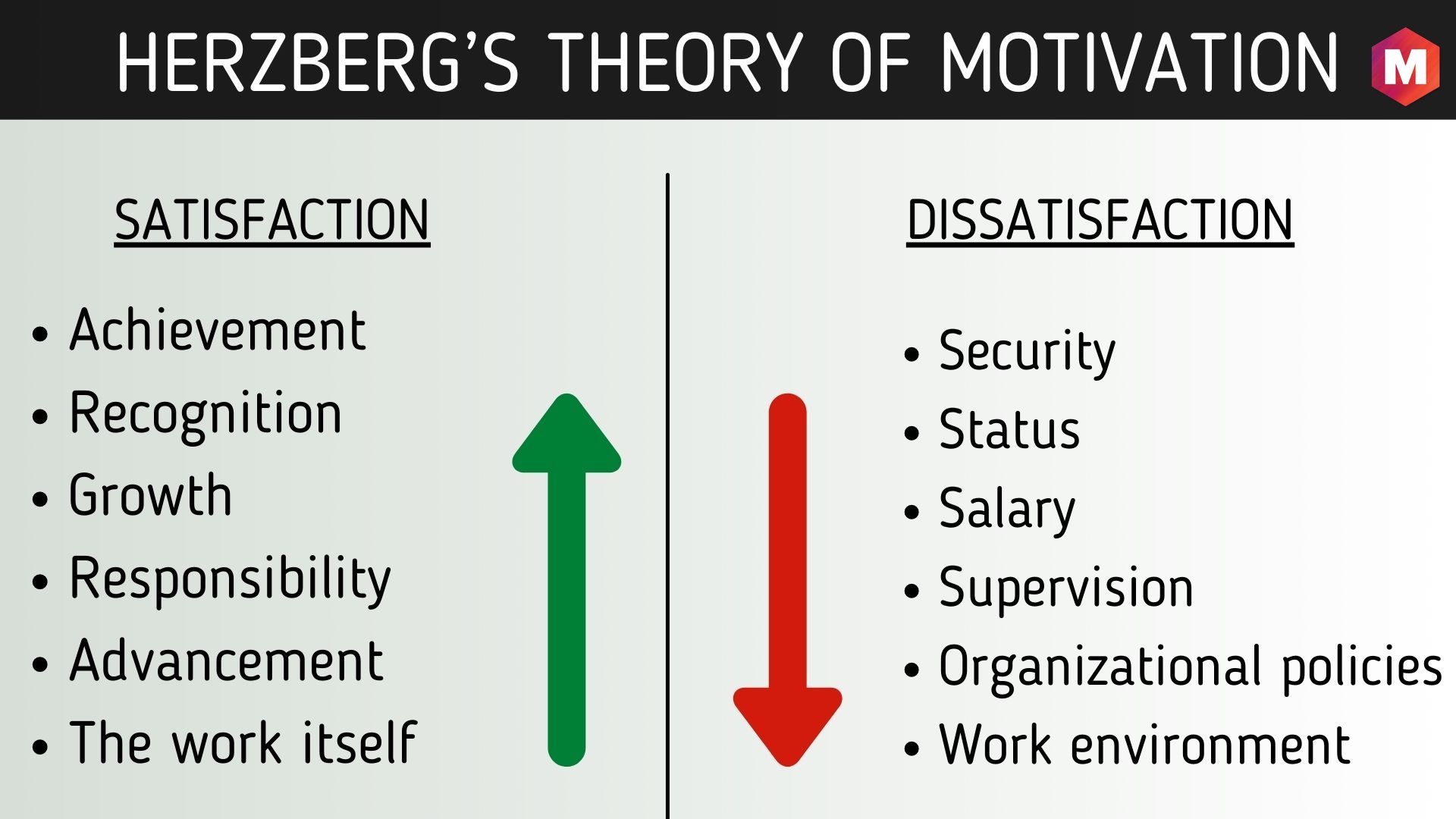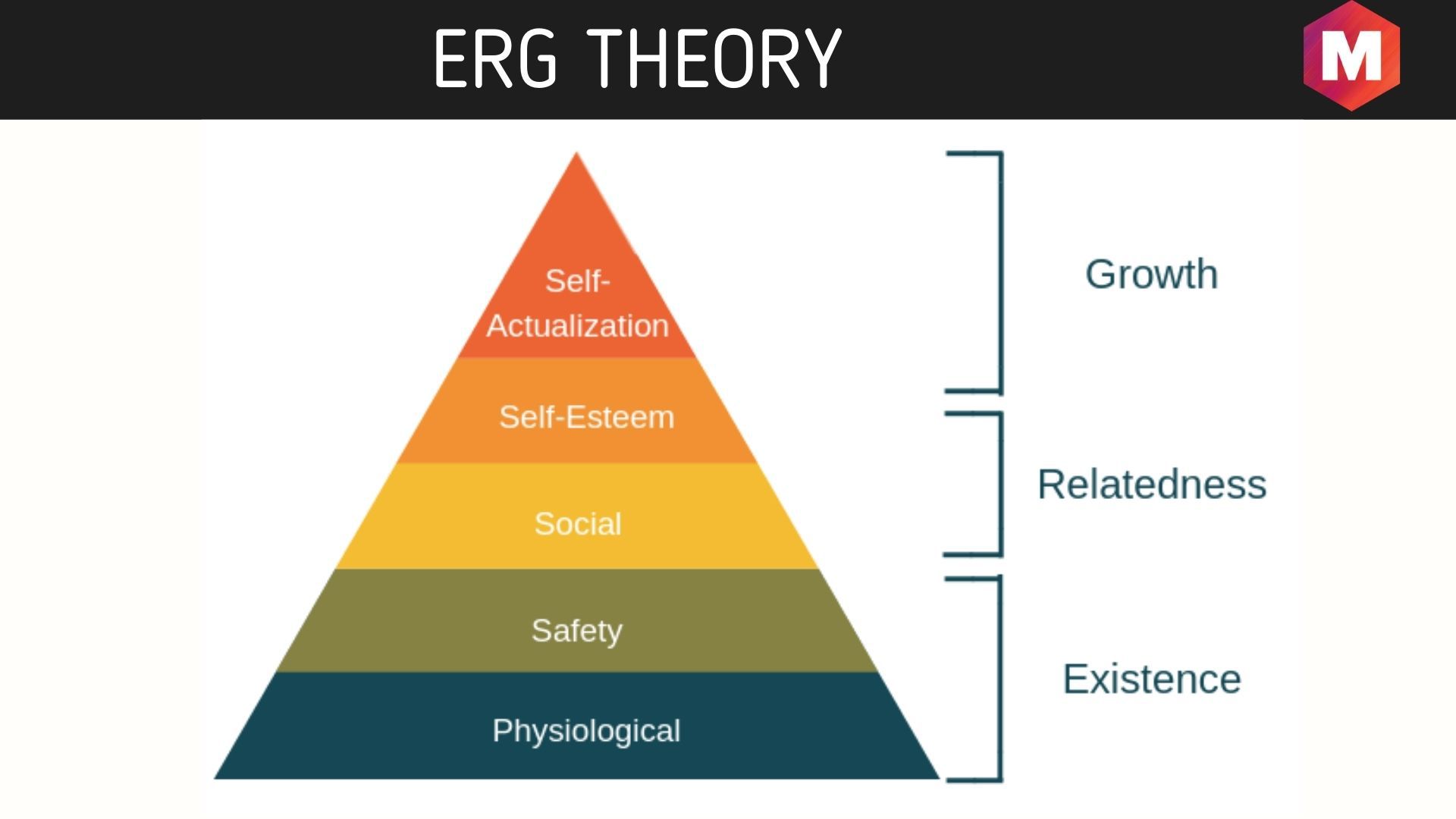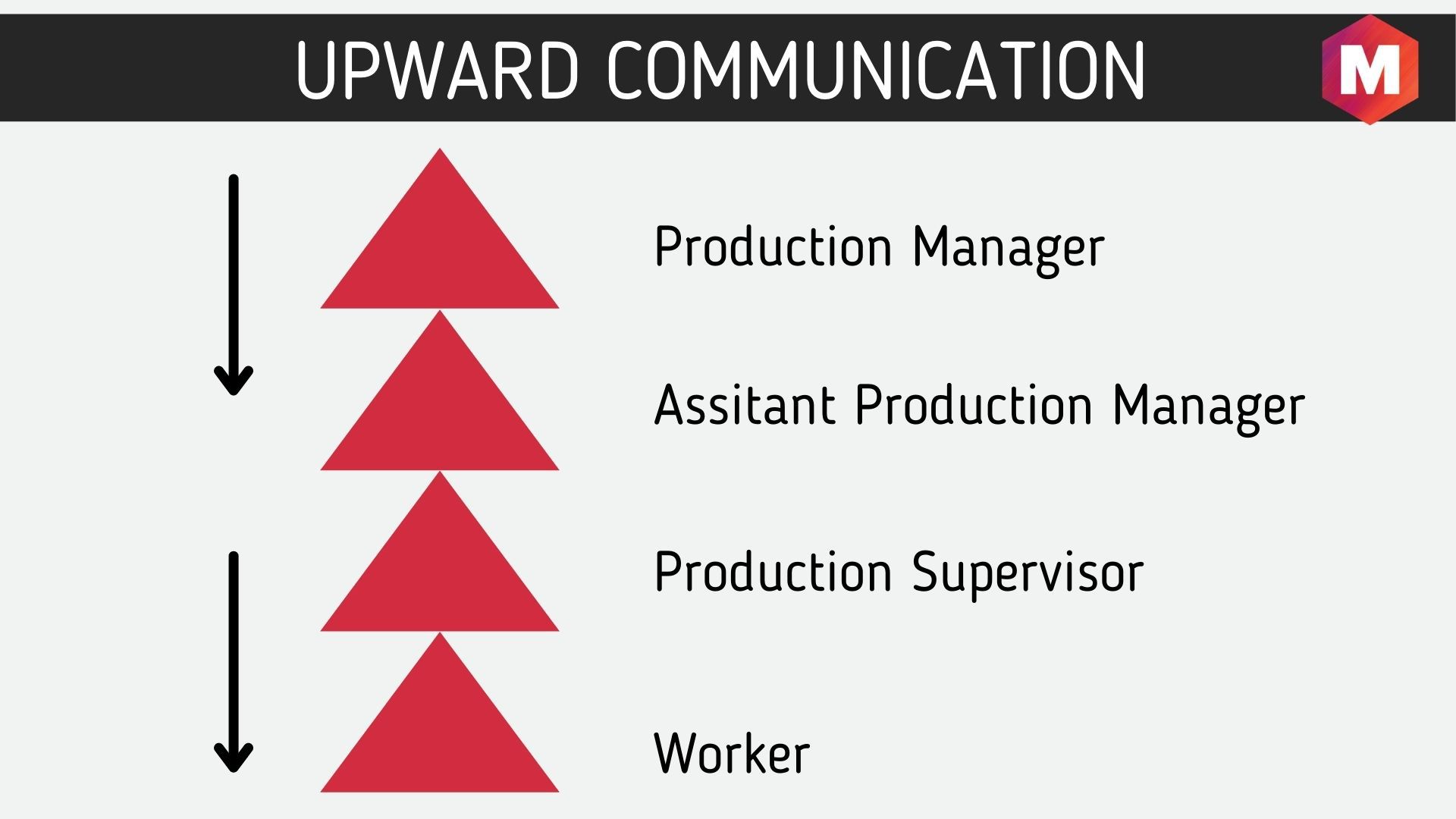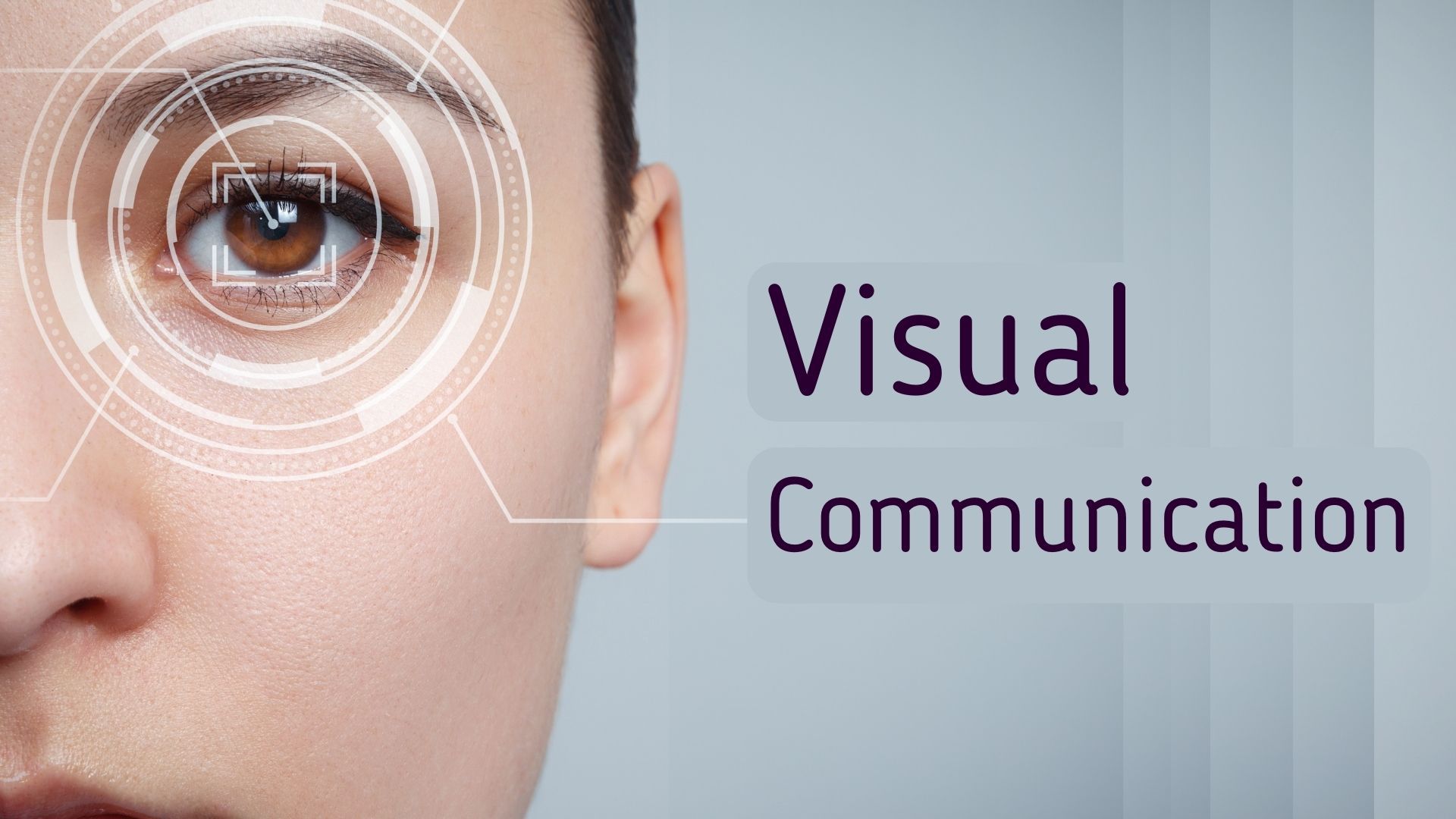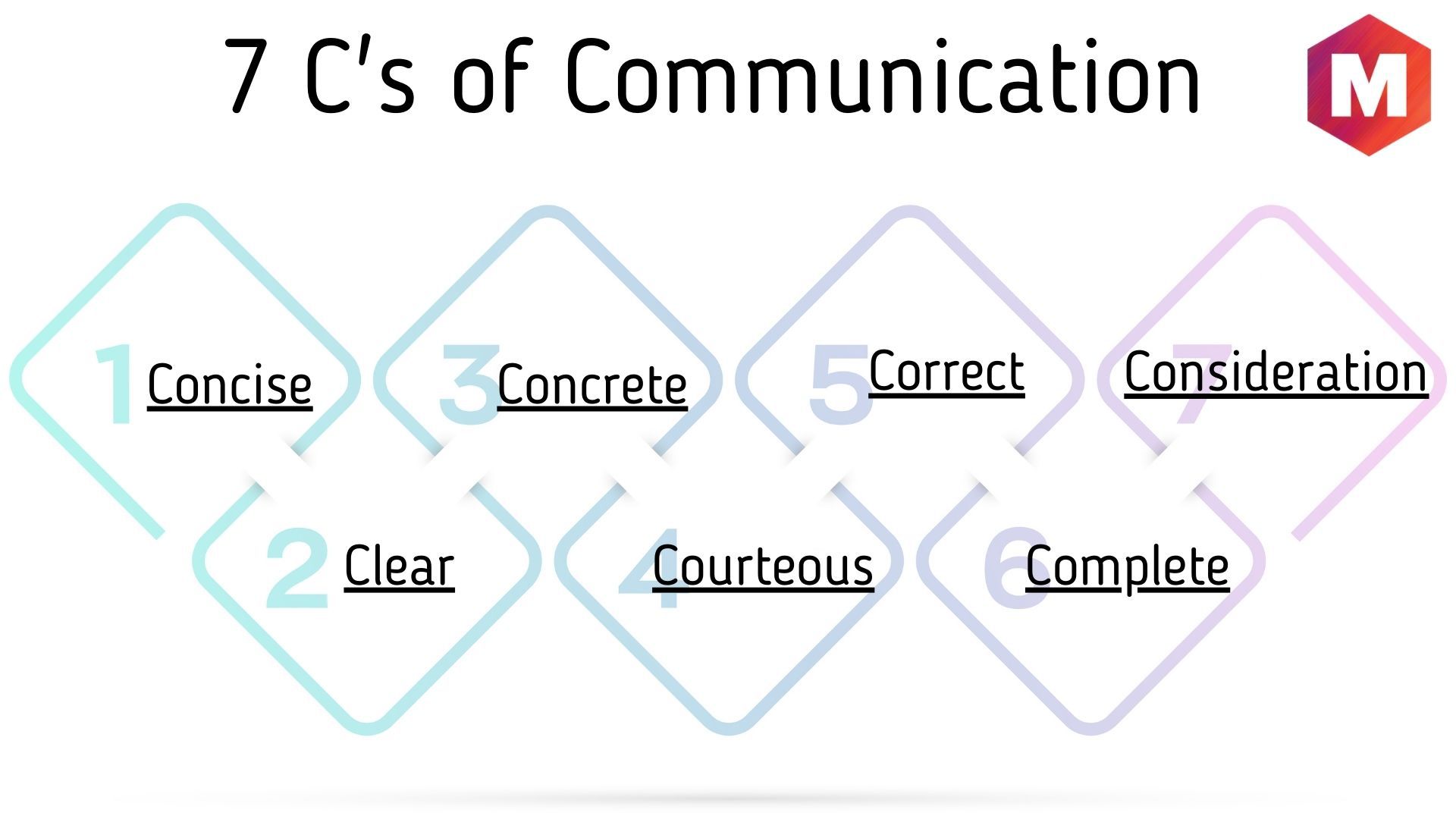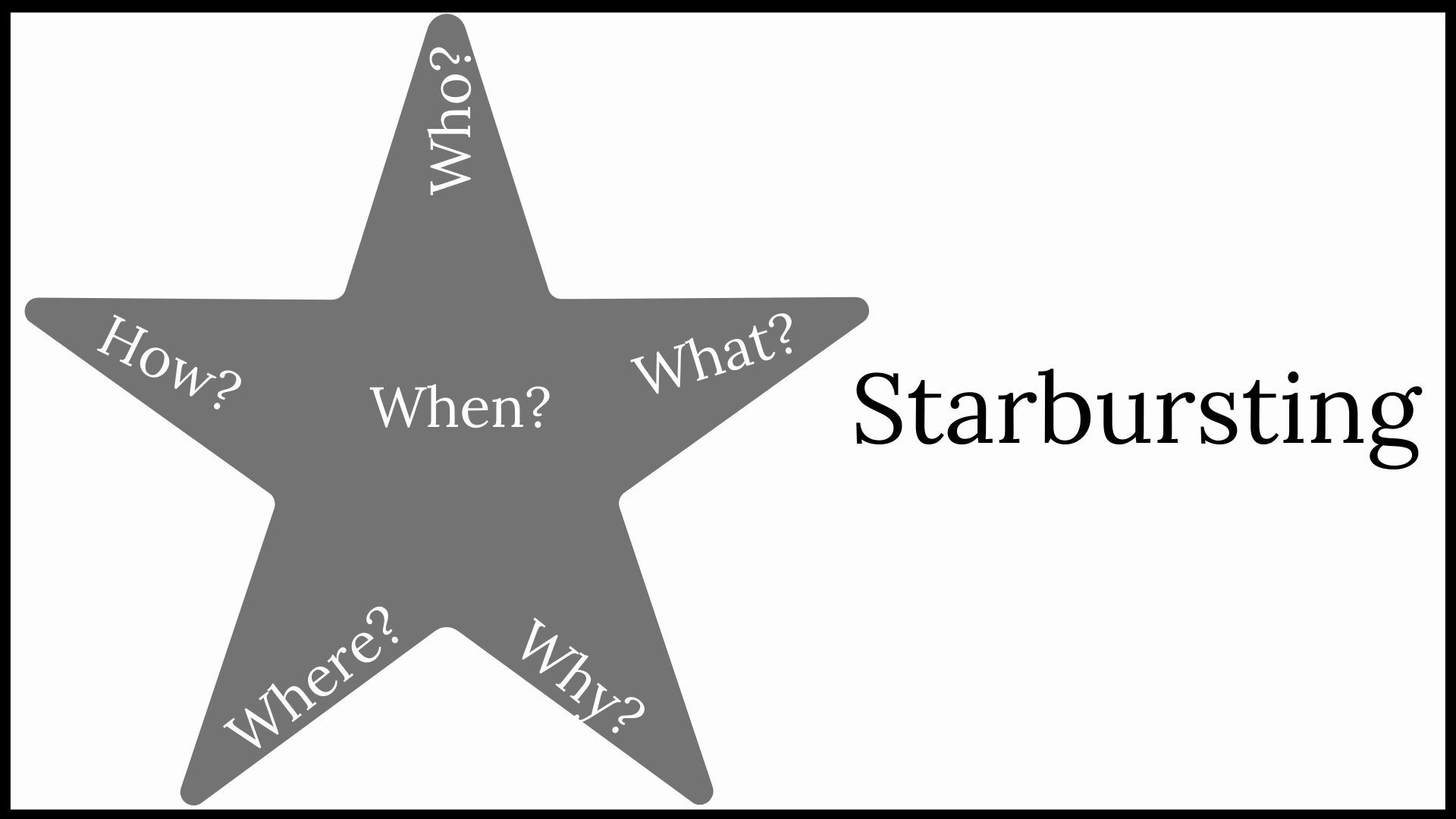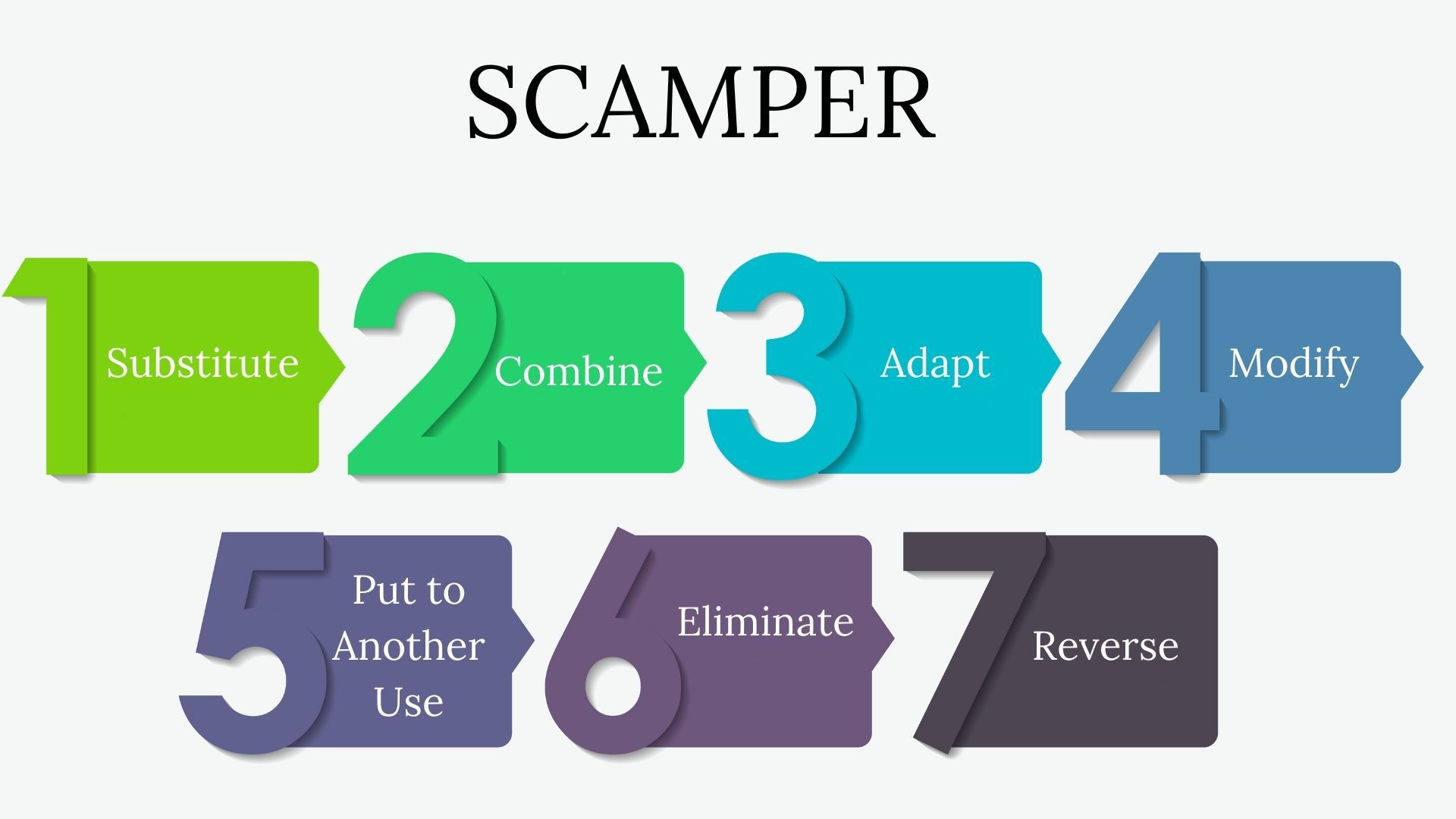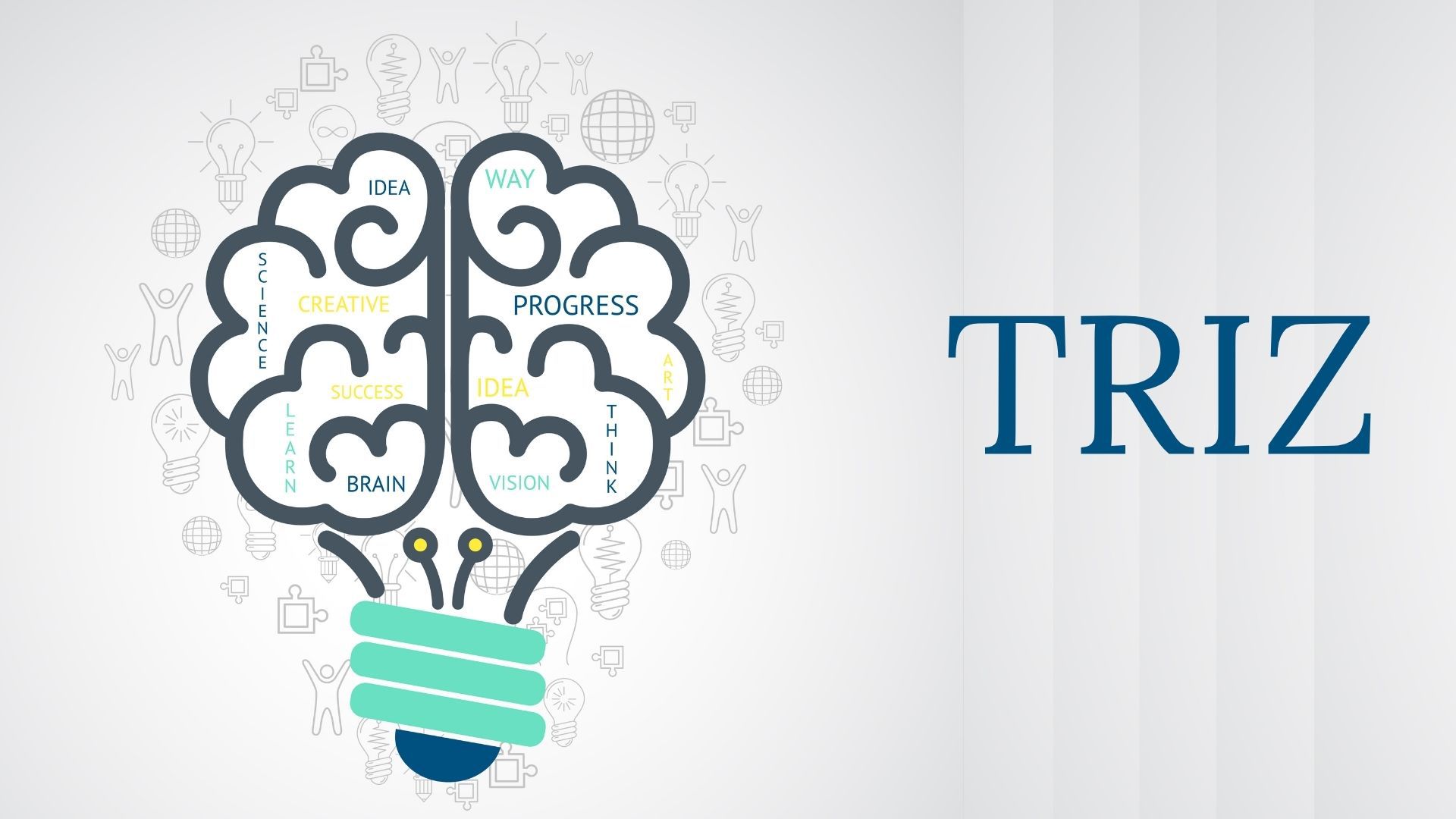What are the Belbin Team Roles? Definition: Belbin team roles are the inclusion of nine behavioral attributes that play a crucial role in facilitating team progress….
Management Category
Learn the principles and practices of effective management, including leadership, strategy, and decision-making.
Accepting Risk – Definition, Understanding and Alternatives
What is Accepting Risk? Definition: Accepting risk is defined as a risk management strategy in which a person or a business entity classifies the risk…
9 Best Ways of Taking Initiative At Work
Workplace taking initiative is defined as the ability to assess the issues and problems at work voluntarily and provide or suggest solutions. Workplace initiatives involve…
Shannon and Weaver Model of Communication
Claude Elwood Shannon and Warren Weaver are credited with the creation of this communication model. They first published this model in a Mathematical Theory of…
Interpersonal Relationship: Definition, Types and Features
We, humans, are social beings, and we all have a longing for interpersonal relationships, which is a human association with each other, whether it’s a…
Knowledge Transfer – Meaning, Types and Strategies
Do you want to halt the practice of company knowledge leaving the company when employees leave your organization? Then incorporating Knowledge Transfer strategies in your…
Knowledge Management System – Meaning, Stages & Types
Knowledge Management System is an IT system that an organization can use for storing and retrieving knowledge and relevant information, so employees and customers can…
Management Development – Meaning, Objectives and Steps
Management development is defined as a process in which managers improve and learn their skills and knowledge so that they benefit not only themselves but…
Organizational Dynamics – Meaning, Importance & Elements
Organizational dynamics is defined as a process that helps to strengthen resources and boost the performances of employees continuously. It is how a company learns…
Organizational Ethics – Meaning, Importance and Elements
Organizational ethics is a form of applied or professional ethics that scrutinizes ethical morals, values and principles that arise in a workplace. It applies to…
Organizational Goals – Definition, Types and Steps
Organizational goals are defined as the goals that a company tries its best to meet. The term puts its focus on the overall mission, intention,…
Organizational Justice – Meaning, Types and Applications
Organizational justice is defined as a concept that refers to the perception of an employee about the action, decision and behaviour of the organization and…
Decision Making Framework – Types & Classifications
A decision-making framework is used for effectively and accurately designing and developing assessment methods and tools for an organizational environment. The framework effectively clarifies how…
Upper Management – Responsibilities, Skills and Steps
Upper management is also referred to as executive management or senior management and is positioned at the highest level in an organization. The upper or…
Note-Taking – Important Methods, Apps and Advantages
Note-taking is defined as one of the best ways to write down information that you consider necessary to go back, revise, and recall the subject…
9 Qualities of an Effective Leader with Examples
Are you curious about the characteristics of an effective leader? The first thing that you need to understand is that an effective leader stays on…
Importance of Eye Contact During Communication
Eye contact is defined as a non-verbal communication sign often used during communication or conversation. Eye contact is nothing but looking in someone else’s eyes…
4 Types of Communication Styles
Communication style is associated with the ways one says whatever he or she says. Often, you would have seen people responding in the same manner…
Effects of Poor Communication in the Workplace
Poor communication in the workplace will always lead to innumerable issues. It is important to have solid relationships so that a business entity can grow,…
Informal Communication – Definition, Types and Examples
Definition: Informal communication is the spontaneous and unofficial flow of information between leaders, employees, colleagues, and other people within the organization. It is based on…
Formal Communication – Meaning, Types & Characteristics
Definition: Formal communication is the structured and official flow of information between leaders, employees, colleagues, and other people at various levels in the organization. It…
Management Definition with Features, Functions and Styles
What is Management? Definition: Management is a process that administers and controls all the different affairs and functions of an organization to accomplish a business…
8 Causes of Conflict in the Workplace and Organization
Causes of conflict are a common phenomenon that every organization is facing all around the world. Misunderstandings, miscommunication, disagreement are an integral part of the…
Power – Role in Management, Meaning, Theories and Sources
Power in management refers to the positional power that comes because of the position of a manager in the organization. Managerial power plays a crucial…
Herzberg’s Theory of Motivation (Two-Factor Theory)
Herzberg’s Two-Factor Theory of Motivation explains the effect of attitude on motivation. What do the employees want? Are they looking for growth opportunities, solid workplace…
ERG Theory of Motivation With Its Implications
ERG Theory of motivation is a theory that describes how individuals are motivated by the three needs existence, relatedness, and growth. It states that these…
Lockout Tagout (LOTO) Procedure – Importance and Steps
Lockout Tagout is the procedure that ensures the complete shutdown of machinery and equipment until further notice. During this procedure, the piece of equipment remains…
External Communication – Definition, Types, Goals and Strategies
External Communication is the transfer or exchange of information with external audiences such as customers, prospects, investors, suppliers, shareholders, target niche, leaders, banks, public, government…
Public Communication – Definition, Importance and Types
Definition: Public Communication can be defined as strategic communication to convey ideas, programs, though, presentations, data, propaganda, etc., to the masses, the public, government, students,…
Verbal Communication – Definition, Types, Importance and Difference from Non-Verbal
Verbal communication is a form of oral communication that happens between two or more persons in any form of speech or by using words. This…
Communication Strategy: Definition, Importance, Types and Success
A communication strategy is a plan through which a company can achieve the communication objectives. It constitutes different elements such as setting the goals of…
11 Communication Quotes and Sayings for Businesses
Communication quotes are a collection of words to boost morale and inspire people. Such quotes have a psychological effect on the individual. Communication in general…
Upward Communication – Definition, Types, Advantages and Differences Structure
Upward communication is defined as a communication process in which the managers, supervisors, directors receive information and messages from the lower level employees regarding works…
21 Communication Techniques to Help You in the Workplace
Communication techniques are methods used by a communicator, speaker, or listener to improve the effectiveness and reach of every conversation or interaction. For better understanding,…
Business Communication: Categories, Process and Benefits
Business communication entails a continuous & effectively regularized process to bring together both the information sharing subordinates & superiors under one cloud. It is also…
Visual Communication: Definition, Importance and Types
Visual communication is a means of conveying data and communicating information by using various visual mediums, for instance, graphic design, diagrams, text, prints, charts, illustrations,…
7 C’s of Communication Explained
Definition: The 7 c’s Of communication can be defined as a checklist used to help effective communication between two or more parties and make sure…
Starbursting: A Brainstorming Technique For New Ideas
What is Starbursting? Starbursting refers to a structured approach that is used by team members to generate lots of new ideas for a specific new…
SCAMPER – Technique For Creative Problem Solving
As a creativity and idea-generation technique, SCAMPER is an acronym of seven key steps (Substitute, Combine, Adapt, Modify, Put to another use, Eliminate, & Reverse)…
TRIZ – Concepts and Techniques For Problem Solving
As a brainstorming and problem-solving technique, TRIZ revolves around methodologies dedicated to some innovative procedures and product innovations. Whenever we work on a new project,…
